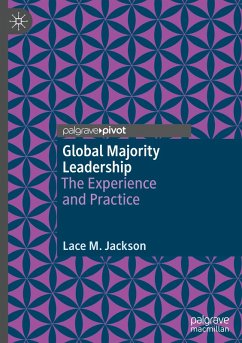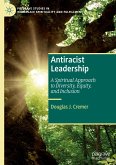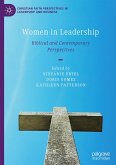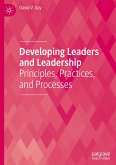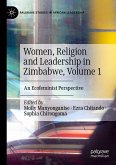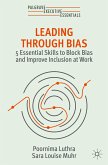This book explores the challenges that individuals of African, Caribbean, Asian and South-East Asian descent (Global Majority leaders) living in the UK may face in attaining, practising, and experiencing leadership within organisations. By drawing firstly on critical race theory, the author shines a light on the underlying contextual and power structures of societies like the UK, in which these individuals' leadership and identity construction is shaped, experienced, and practised. Secondly, the author uses a qualitative research strategy to uncover the dominant genres and occluded themes hidden within the narratives of Global Majority leaders as they illuminate the fine-grained detail of their lived experience with and in leadership.
With these two lenses, the book allows us to understand and theorise how, through the shaping and influencing of meaning, Global Majority leaders continue to develop and practice leadership, which has implications for theory, policy and practice.
Contributing to critical leadership and organisational studies, as well as the UN Sustainable Goals that relate to reducing inequality, decent work and economic growth, and promoting inclusive and accountable institutions, this book is a valuable resource that can influence leadership practice, diversity, equality and inclusion strategies within contested spaces.
With these two lenses, the book allows us to understand and theorise how, through the shaping and influencing of meaning, Global Majority leaders continue to develop and practice leadership, which has implications for theory, policy and practice.
Contributing to critical leadership and organisational studies, as well as the UN Sustainable Goals that relate to reducing inequality, decent work and economic growth, and promoting inclusive and accountable institutions, this book is a valuable resource that can influence leadership practice, diversity, equality and inclusion strategies within contested spaces.

